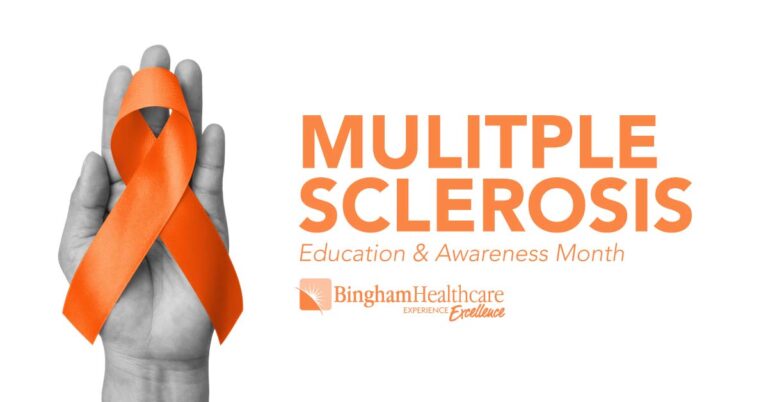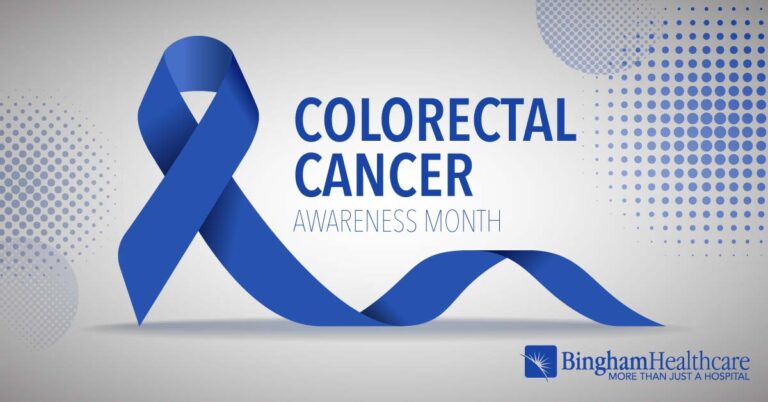
What You Can Do to Prevent Kidney Disease
“Diabetes causes silent damage, so be aware of the signs and get treatment fast.”
Somewhere in Idaho today, someone is likely to begin treatment for end-stage renal disease, also known as chronic kidney disease. Their kidneys will have stopped working. They will need dialysis treatments three times a week for three to four hours each time, just to stay alive. And they may be put on a list in hopes of getting a kidney transplant.
Tomorrow, someone else will begin end-stage renal disease treatment too. The next day, two more. And the next, and the next, and the next…
The primary cause of chronic kidney disease is diabetes, which has reached epidemic proportions in this country. Over 26 million American adults have chronic kidney disease and millions of others are at increased risk, according to the National Kidney Foundation (NKF). Approximately 1 of 3 adults with diabetes and 1 of 5 adults with high blood pressure will develop chronic kidney disease.
Why are the kidneys so important to good health?
Your kidneys do some important jobs to keep your body healthy. The kidneys:
- Balance your body fluids. Excess fluid is filtered out of your blood, and it leaves your body as urine. Your kidneys make about one to two quarts of urine a day.
- Regulate body water and important minerals in your blood, such as sodium, potassium, phosphorus and calcium.
- Remove waste products from your blood. These waste products come from the breakdown of foods you eat and from normal muscle activity.
- Remove drugs and toxins from your body.
- Release hormones into your blood, which: control blood pressure, make red blood cells, and keep your bones healthy.
Signs of Trouble
“Diabetes prevents your body from using sugar [glucose] as it should,” explains Brady Martin, DO, board-certified family medicine physician at Bingham Memorial Family Medicine. “If glucose stays in your blood instead of breaking down, it can act like a poison, damaging the nephrons—the tiny structures that filter your blood. This condition is called diabetic nephropathy.”
The first way to avoid kidney disease is to control your blood sugar. If you keep your glucose levels down, you can delay or prevent diabetic nephropathy.
The early stages of kidney disease usually cause no noticeable symptoms. As the disease progresses, you may need to urinate more often or less often. You may feel tired or itchy. You may lose your appetite or experience nausea and vomiting. Your hands or feet may swell or feel numb. You may get drowsy or have trouble concentrating. Your skin may darken. You may have muscle cramps.
“If you notice any of these signs of the disease,” Dr. Martin says, “see your doctor at once.”
Preventing kidney disease
You should also ask your doctor what you can do to lower your chances of developing kidney disease. Some suggestions your doctor might make to you include:
- Carefully follow prescribed treatments to control diabetes, high blood pressure or both.
- Lose excess weight by following a healthy diet and regular exercise program.
- Stop smoking if you are a smoker.
- Avoid taking large amounts of over-the-counter pain relievers.
- Make some changes in your diet, such as eating less salt and less protein.
- Limit your intake of beer, wine and liquor.
One of the most important things you can do is see your primary care provider every year to have routine tests performed. These tests could detect any problems with your kidneys—sooner rather than later.
Looking for a Family Doctor?
| Brady Martin, DO, was born and raised in Idaho and graduated from Idaho State University and the College of Osteopathic Medicine at Des Moines University. After, he completed a family medicine residency at Fairfield Medical Center in Ohio. Dr. Martin sees patients of all ages at Bingham Memorial Family Medicine in Pocatello.If you or a loved one are concerned about kidney disease, please call (208) 785-4100 to find a primary care doctor near you. |



